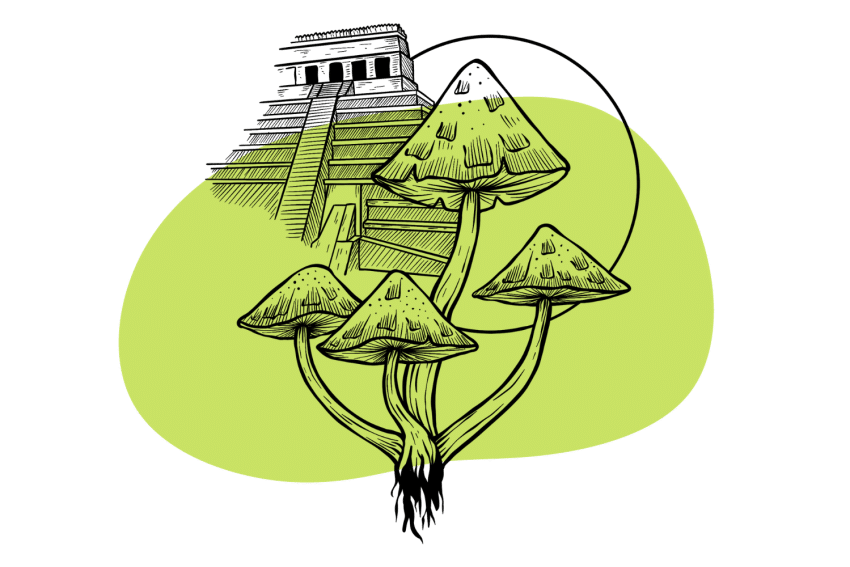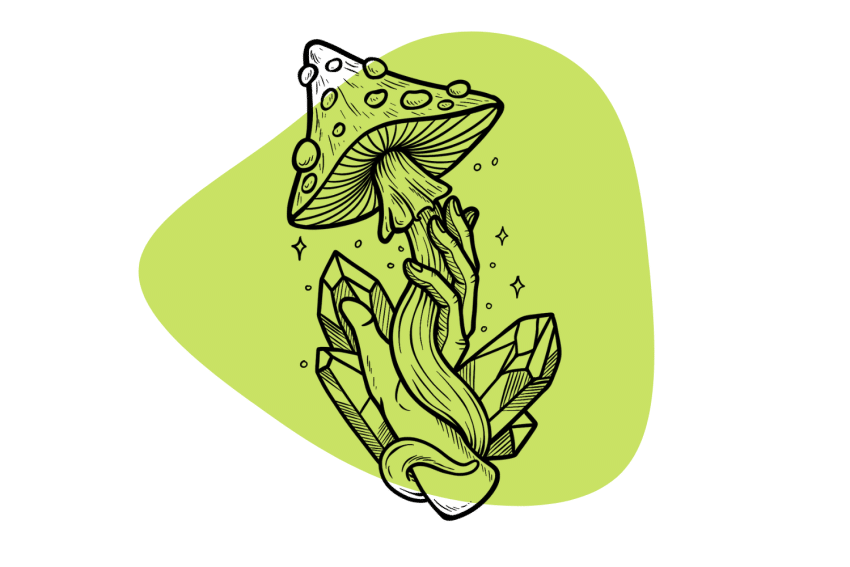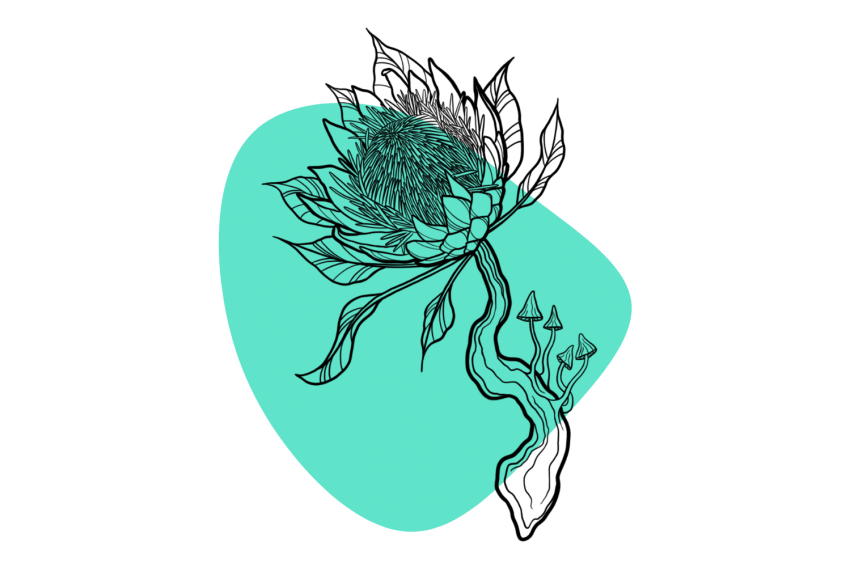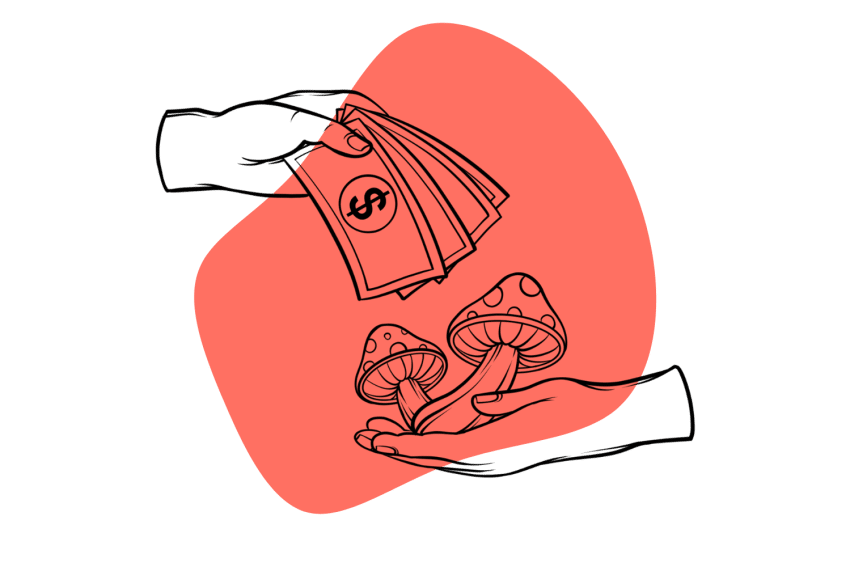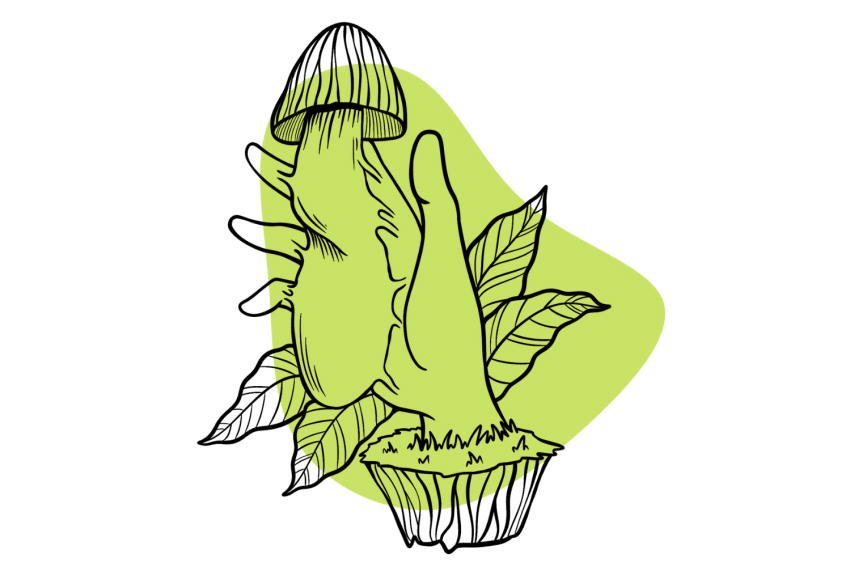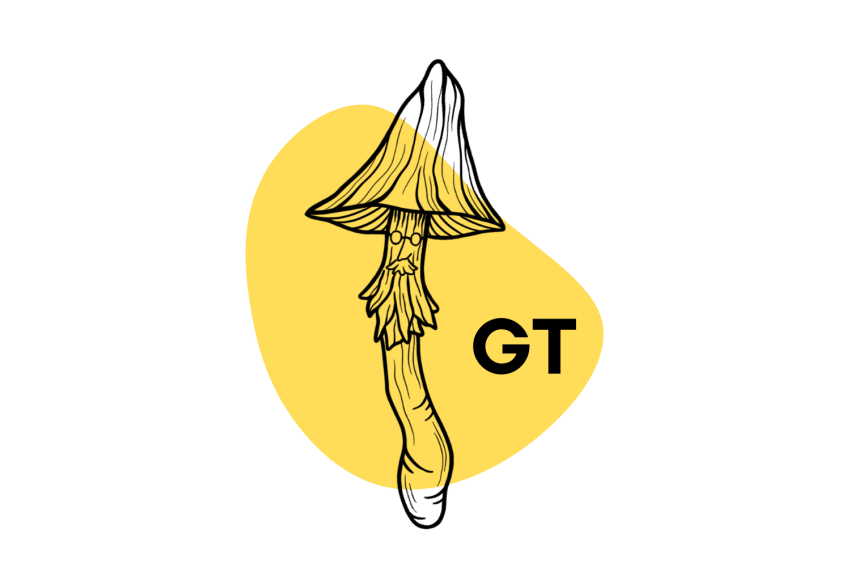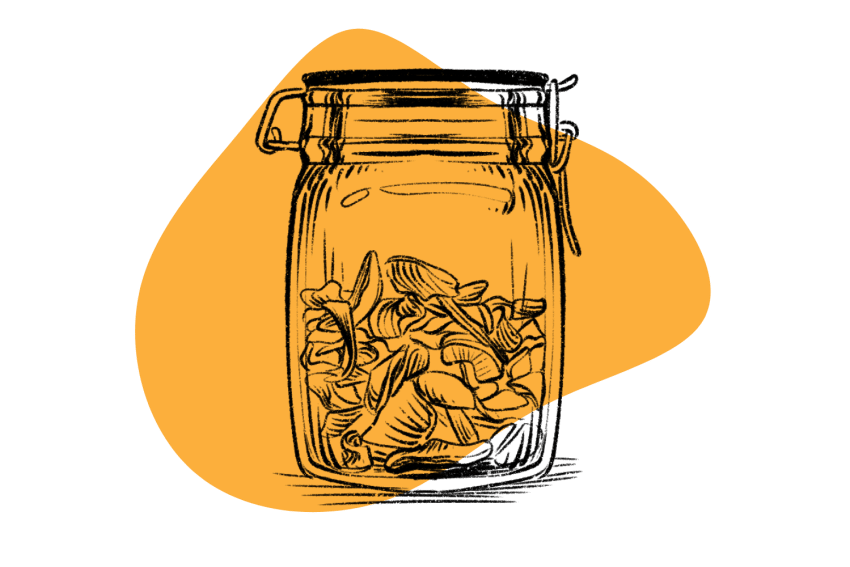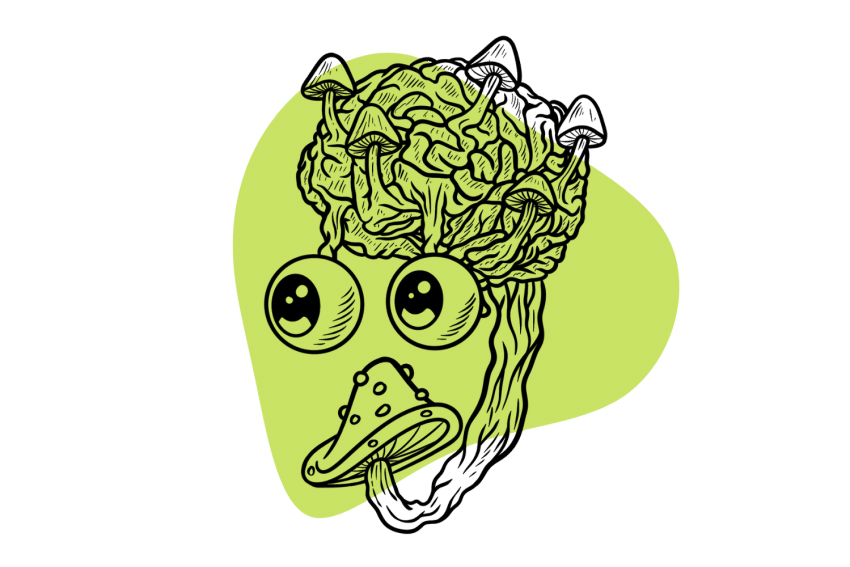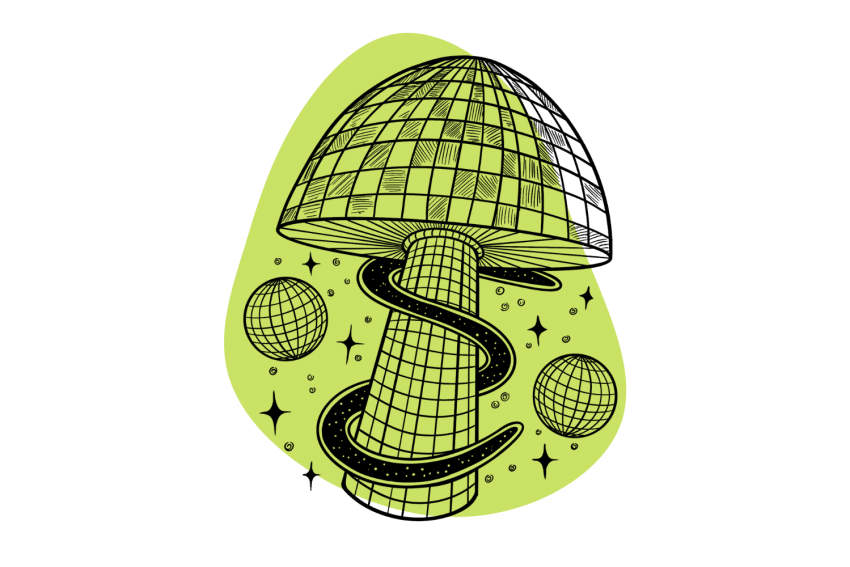Are Psychedelics Legal in Chile?
Chile takes a hard stance against psychedelics despite a long history of use among indigenous cultures.
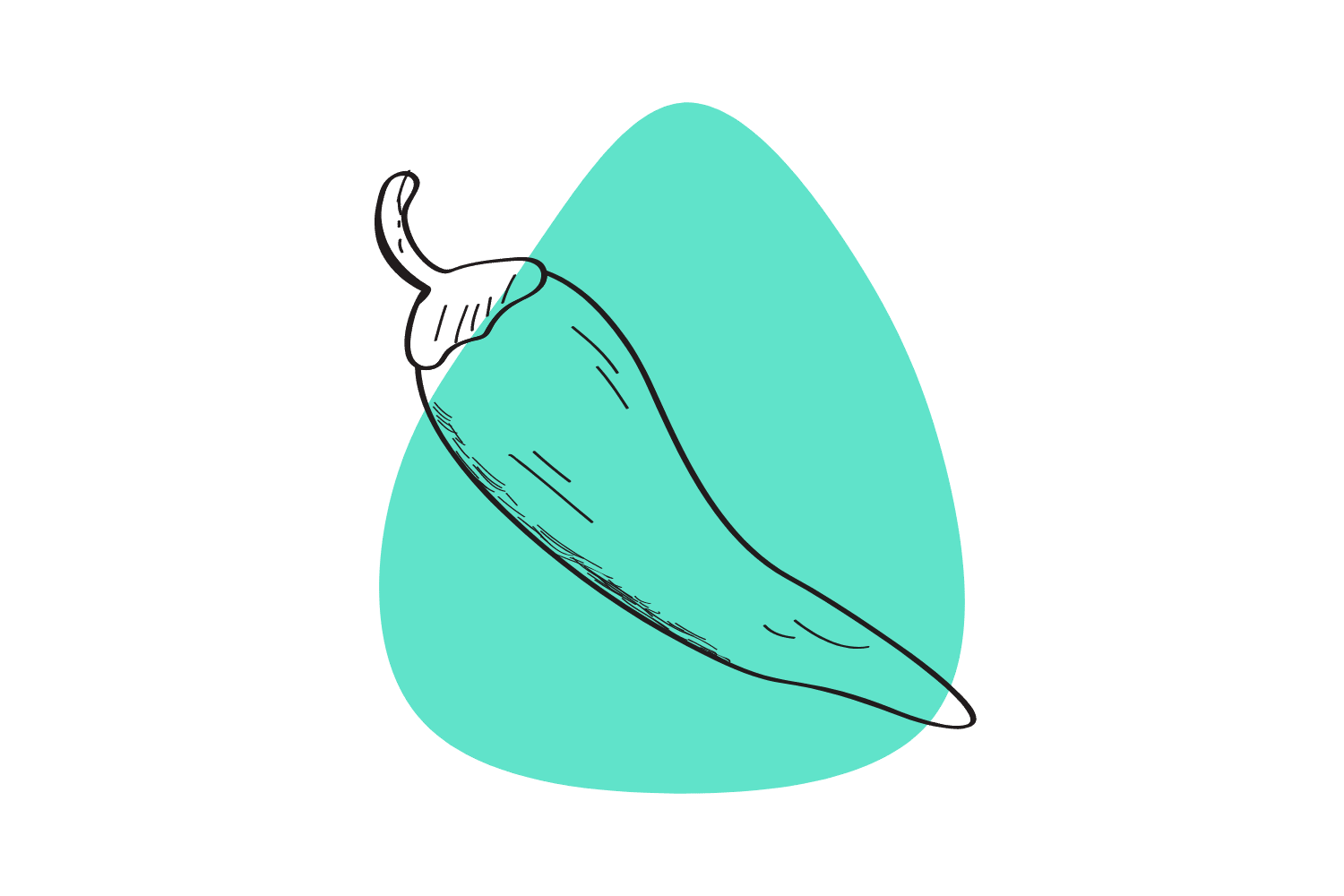
Psychedelic drug laws in South America are notoriously strict — and Chile is no exception.
Despite having clear medicinal applications and a lack of toxic effects, magic mushrooms, DMT, and various other psychedelics are strictly prohibited here.
Understanding these laws can be difficult, so we’ve done the hard work analyzing and extrapolating Chilean drug policy for you.
Summary of Psychedelic Drug Laws in Chile
- Psychedelic substances are illegal in Chile.
- Punishment can range from a small fine to 15 years in prison.
- You can buy magic mushroom spores legally in Chile.
- Marijuana is legal for medicinal purposes only.
Chile: Drugs & Penalties Chart
| Title | Substance | Psychedelics | Penalties for Possession |
| I | Amphetamine, cannabis resin, cathinone, cocaine, heroin, opium | LSD, 2-CB, DOB, PCP, DMT, ketamine, mescaline, psilocybin, psilocin, STP, NBOMe | Small quantities for personal use or medical treatment: A fine of 10-40 tax units and/or prison Larger amounts, trafficking, selling: A fine of 40-400 tax units and/or prison. Can be reduced one degree if substance is not addictive. |
| II | Methodone, hydrocodone, GHB, benzos, dronabinol | See above | |
| III | Butyl acetate, isopropyl alcohol, chloroform, turpentine | None | See above |
| IV | See above | ||
| V | Cannabis sativa, Peyote Cactus, Catha edulis (khat), Datura estramonium, Erythroxylon coca, Papaver somniferum, Mitragyna speciosa (kratom) | Mushroom Psilocybe, Salvia divinorum | See above |
Sources:
- Chile Criminal Penalties | – CountryReports
- DECREE 512- Amendment on narcotic drugs and psychotropic substances, 2021
- LAW 20000- Trafficking narcotics and psychotropic substances, 2015
- Report No. 3 National Board of New Psychoactive Substances
- National Board of New Psychoactive Substances (MNNSP)
- DECREE 1358-Amendment, 2021
Are Magic Mushrooms Legal in Chile?
No, magic mushrooms are illegal in Chile.
Psilocybin — the main component of magic mushrooms — is listed in Article 1 of Law No. 20.000, next to drugs such as cocaine and heroin. This means that it’s considered an addictive compound capable of causing severe toxic effects or considerable damage to health.
Should the police catch you with small quantities of any illicit substance, the penalties range from 541 days to 15 years of imprisonment (depending on the quantity).
Moreover, taking drugs in public areas is punishable by fines of 1 to 10 monthly tax units or community service.
Where to Buy Magic Mushroom Spores in Chile
Chilean law specifies that psilocybin is prohibited, but there’s no mention of their stance toward spores of magic mushroom species (which don’t contain any psilocybin).
There are numerous sources for magic mushroom spores operating online in Chile that have not experienced legal repercussions. This may suggest spores are viewed as legal under Chilean law, but this is not clear.
With that said, the cultivation of magic mushrooms is illegal, so as soon as the spores are germinated, you’ll be breaking the law.
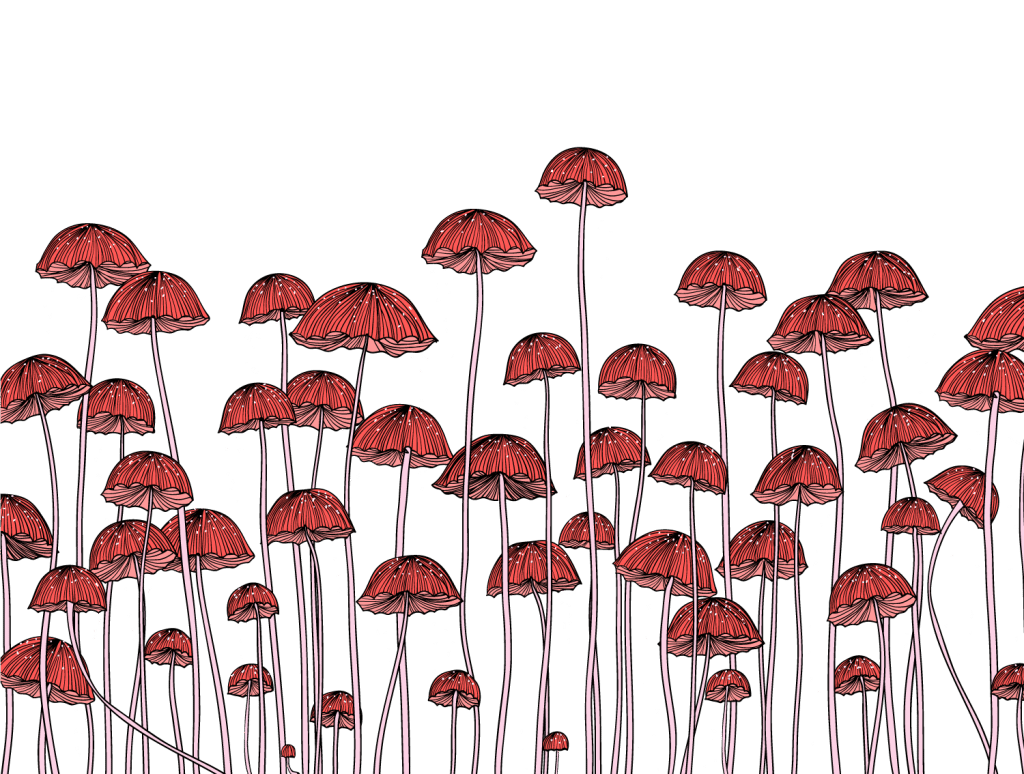
Do Magic Mushrooms Grow Wild in Chile?
Yes, you can find magic mushrooms growing wild in Chile.
Magic mushrooms grow naturally almost everywhere on the planet, and in Chile, you can find several species. However, it’s important to exercise caution while foraging for magic mushrooms because there are some poisonous lookalikes.
Below are three commonly found magic mushroom species in Chile:
Psilocybe semilanceata
It is one of the best-known species, as they grow naturally in almost all countries. To find them, you must venture into wooded and humid areas.
Psilocybe fimetaria
Like most magic mushrooms, you can find this species in damp, dark areas. It also grows on horse or cow dung, both in groups or solitarily.
Panaeolus cinctulus
Like Psilocybe semilanceata, Panaeolus cinctulus is easily found almost everywhere globally. This species grows solitarily in compost heaps, lawns, well-fertilized gardens, and, on rare occasions, in horse manure.
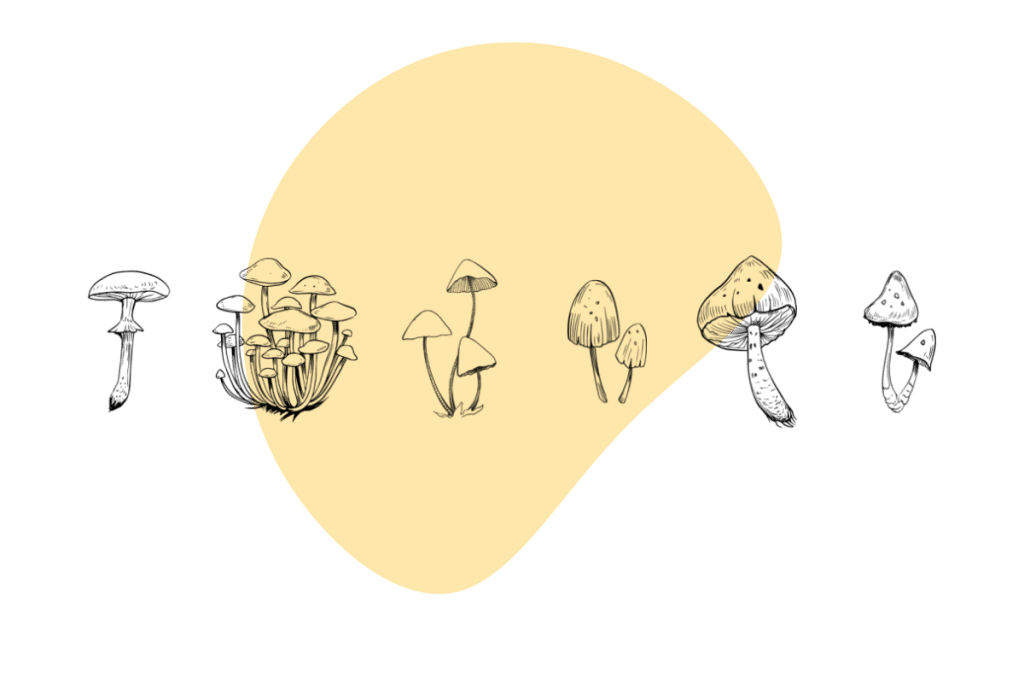
The Medicinal Value of Magic Mushrooms
Psychedelics have multiple therapeutic benefits, which are currently under investigation. Therefore, many countries — mainly in Europe and North America — are considering legalizing them for medicinal use.
However, countries like Canada have already taken action: magic mushrooms and MDMA are legal for therapeutic use. This section will show you how psilocybin can treat certain diseases and disorders.
One of the most important discoveries was its potential to treat depression — one dose of psilocybin reduces symptoms considerably.
Mushrooms (and other psychedelic substances) have also proven useful in the treatment of other psychiatric disorders, including post-traumatic stress disorder (PTSD), existential anxiety, and addiction.
Other uses include the treatment of cluster headaches, improved problem solving, and enhanced creativity.
Is LSD Legal in Chile?
No, LSD is illegal in Chile.
Like psilocybin, LSD is also listed in Article I of Law 20.000 and is considered highly dangerous and addictive.
The penalties for possessing small quantities are the same — 541 days to 5 years imprisonment — but, for large amounts, the sentences maybe twice as hard.
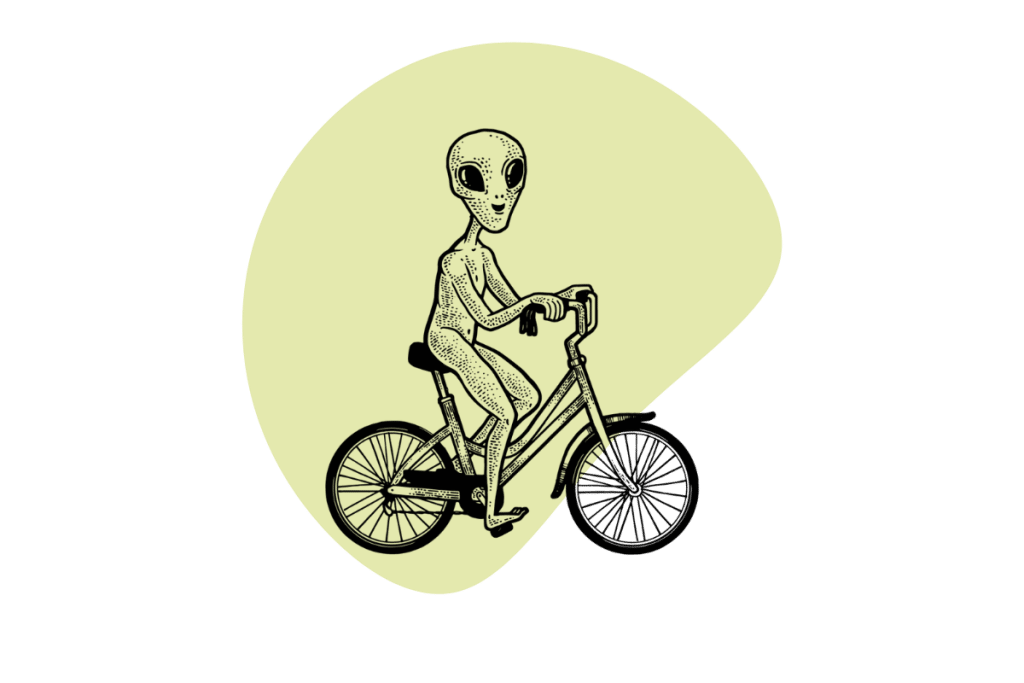
Is DMT Legal in Chile?
No, DMT is illegal in Chile.
In recent years, the popularity of DMT (dimethyltryptamine) has grown significantly. This potent psychedelic is the main ingredient of mixtures such as ayahuasca, changa, and Bufo alvarius.
This substance is illegal in most countries, and the penalties for possession in Chile are harsh. If the police catch you with small quantities, you can spend 541 days to 15 years in jail.
Is MDMA Legal in Chile?
No, MDMA is illegal in Chile.
MDMA, also known as ecstasy, is a popular substance among young adults. As mentioned above, countries like Canada have legalized MDMA-assisted therapy, helping people to treat depression and anxiety.
Despite clear medical value, MDMA and other amphetamine psychedelics are strictly prohibited in Chile.
There are no current bills pushing for the legalization of medical MDMA in Chile. However, as the US, Canada, and European Union move to legalize MDMA-assisted therapy in the near future, South American countries, including Chile, may start to follow suit.
Is Ketamine Legal in Chile?
No, ketamine is illegal in Chile.
Ketamine is another potent psychedelic demonstrated to help treat depression and PTSD. Although it’s still illegal in most of the world, some countries are considering decriminalizing its use.
If the police catch you with small amounts of ketamine in Chile, penalties range from 541 days to 5 years in jail. This sentence is extended to 5 to 15 years in prison if you were caught with large amounts.
Ketamine is just one of many members of the powerful arylcyclohexylamine class of psychedelics. All of the psychoactive members of this group are banned, including PCP, O-PCE, 3-HO-PCP, DCK, and more.
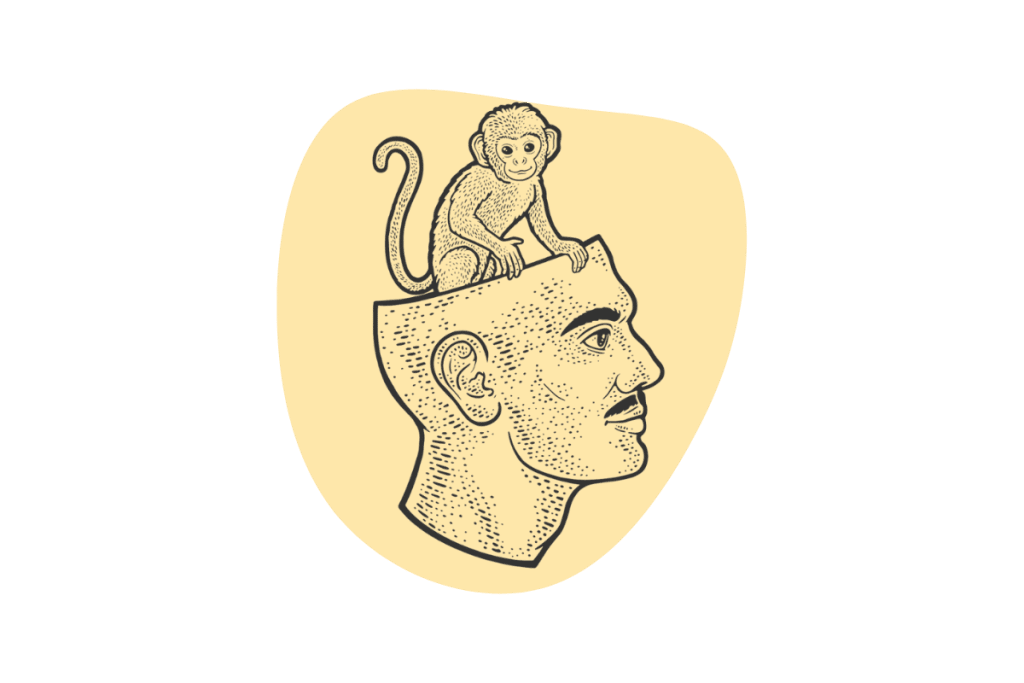
Is Marijuana Legal in Chile?
Yes, marijuana is legal for medical use only in Chile.
Marijuana falls under Article I of Law 20.000, including cannabinoids such as delta 8, delta 9, and delta 10 THC. Penalties for possessing or selling marijuana are the same as other substances, which range from 541 days to 15 years in prison.
The medicinal use of cannabis is supported by Decree 84. To access it, your family doctor must prescribe it.
What’s the Difference Between Legalization & Decriminalization?
Many people assume that legalization and decriminalization are synonymous. However, there are vital differences that distinguish them.
When we speak of decriminalizing a substance, we refer to a simple reduction of penalties, which does not make it inherently legal. Although you would not go to jail for possession or use, you could be fined.
On the other hand, legalization is the complete elimination of penalties related to possession, which creates a legal framework to regulate sales through licensed dealers. This measure can put an end to drug trafficking and black markets.
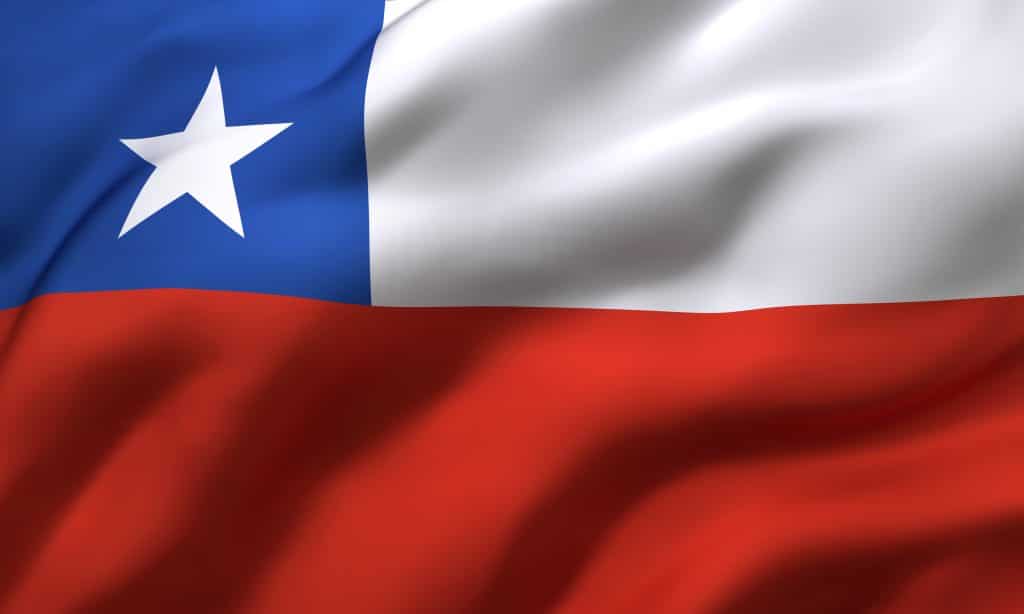
Key Takeaways: What’s The Future of Psychedelics in Chile?
Unfortunately, Chile seems to be far from legalizing or even decriminalizing psychedelics. The penalties for possessing these drugs are quite harsh — resulting in significant fines and jail sentences.
However, as research on psychedelics increases, it becomes increasingly likely that this will change.
In addition, countries like Canada and Portugal are already taking measures in this regard and are obtaining favorable results. Therefore, we can only hope that these measures will influence the other governments around the world, such as Chile or other South American countries where drug laws are excessively harsh and outdated.

